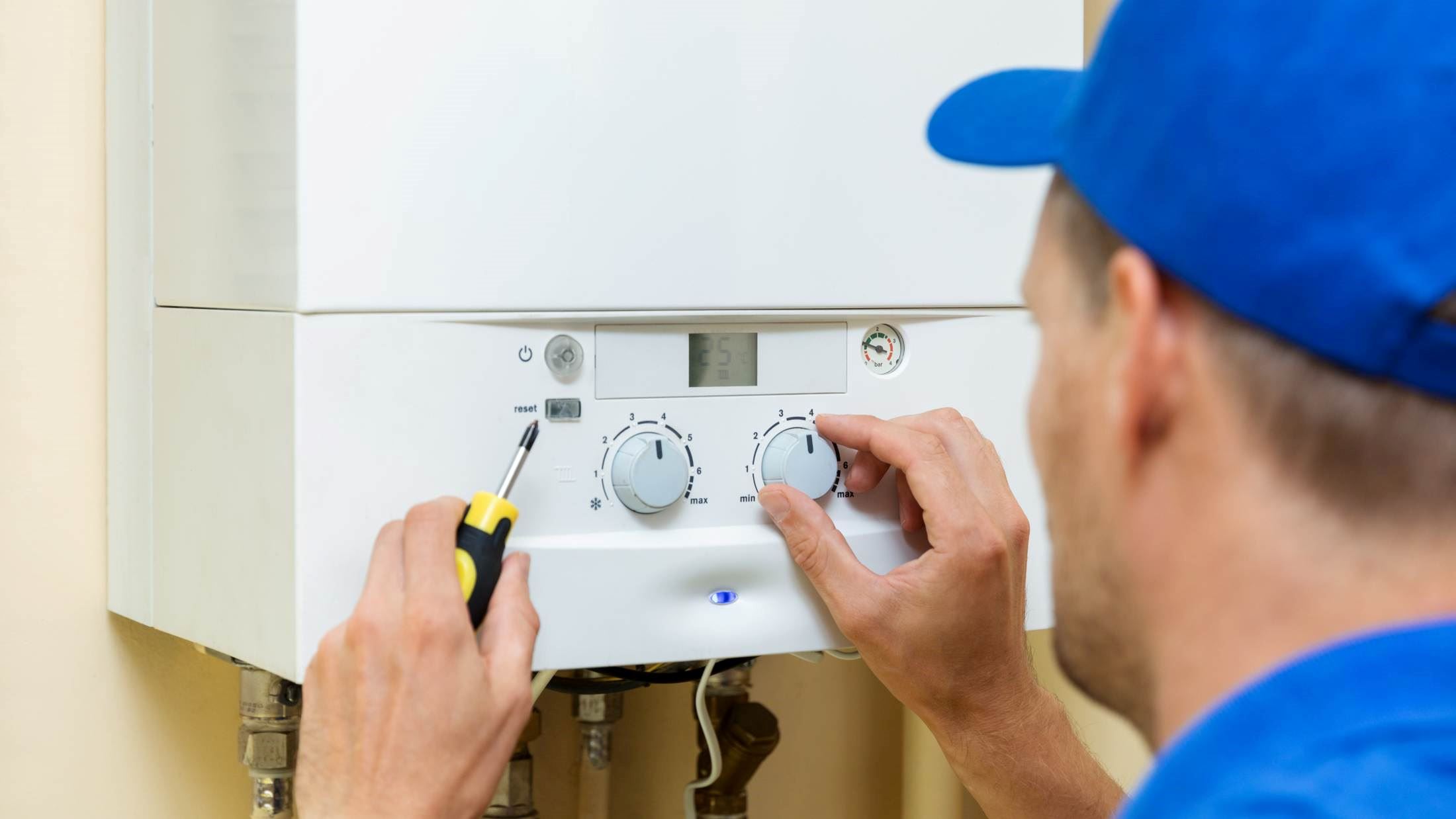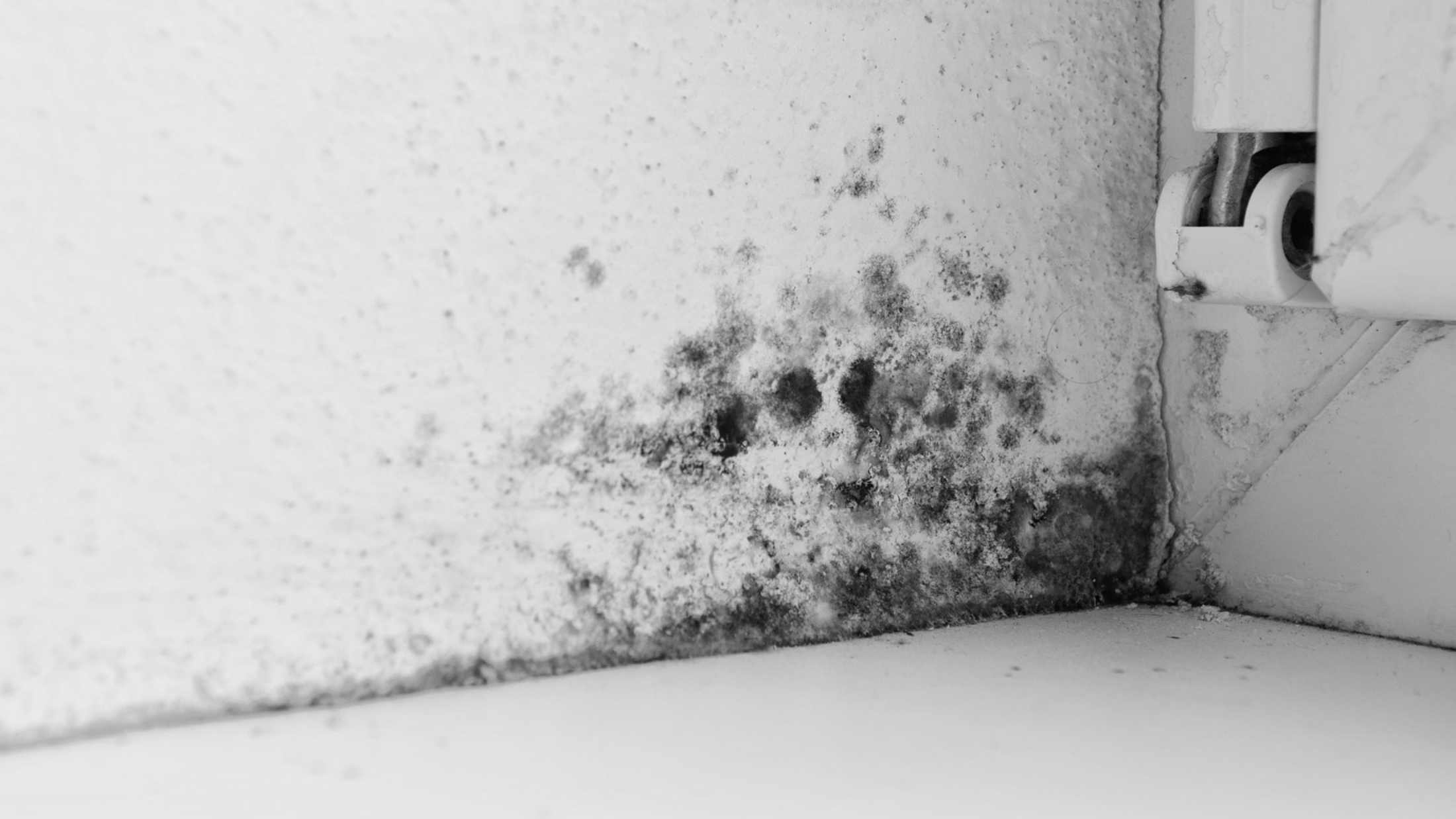Having trouble turning on the heating? Or your shower suddenly running cold? The prime suspect is usually the boiler. But what are the most common issues with boilers? Read on to discover possible boiler problems, and learn how to get your heating back up and running in no time:
Boiler types
Boilers are the most important element in your central heating system, they produce heat via the combustion of gas, oil, or LPG fuels.
Here are the most common boiler types:
-
Conventional Boiler
Also known as 'heat only' or 'regular' boilers, these provide heat directly to your radiators and connect to a water storage tank/cylinder to provide hot water. Components, such as pumps and zone valves are external in a heat only boiler. -
System boilers
Like ‘Conventional Boilers’, system boilers provide heat directly to your radiators and connect to a water storage tank/cylinder to provide hot water however, unlike conventional boilers, components such as pumps and valves, are built into the boiler. -
Combi boilers
Also known as combination boilers - connect directly to the mains cold water supply hot water and heating on demand. They can produce an unlimited supply of instant hot water due to not having to heat a hot water storage tank/cylinder like other boilers.
To maximise efficiency, most boilers communicate with thermostats, so when the temperature drops, the boiler automatically switches on.
Boiler leaks
Boiler leaks are one of the most common boiler issues. Usually, boilers leaking water are a minor problem that can be resolved quickly. And, the leak may be coming from faulty components or seals. It’s always best to get the leak investigated by a Gas Safe registered engineer, rather than trying to sort issues out yourself.
Low boiler pressure
To check the water pressure in your boiler, read the value on the pressure gauge, which usually ranges from 0 to 4. If it’s lower than 1, then your boiler has low pressure.
The first thing you should do is check for water leaks which may be impacting the pressure in your boiler. If there’s water leaking from your boiler, you’ll need to call a Gas Safe registered engineer. If there are no leaks, you can repressure boilers by yourself by following your boiler instruction manual but if you are having to do this frequently, it’s best to get it checked.
No heating or water
Do you have no heating or hot water? This boiler issue may be caused by a faulty component, but sometimes, a simple power cut may be stopping electricity flow to your boiler. As such, the first thing you should do is check if your boiler is switched on.
If you have checked the power, and it is still not working, check controls such as your thermostat, timer or programmer by referencing their instruction manual. If that doesn’t resolve the issue, you may have to call a Gas Safe registered engineer.
Frozen pipes
The condensate pipe transports waste water from the boiler to the external drain. When it’s cold outside, this pipe can freeze and stop your boiler working. If this occurs, your boiler may show a fault code to notify you
Luckily, you can defrost condensate pipes on your own. First, find the frozen condensate pipe, it is the pipe that connects to your boiler and the external drain. Next, if it is safe to do so, pour warm water along the pipe. Ensure the water is warm - not boiling! Finally, reset your boiler once to see if the pipe has defrosted, and the boiler is back up and running again.
Boiler radiator faults
There can be a few reasons why a radiator is not heating. Check if your thermostatic radiator, or radiator valves are turned on. If your boiler is on but there’s no heat to a radiator, it could be caused by a build-up of air inside the radiators. A good indication of this is that your radiator is hot at the bottom and cold at the top.
Fixing this is usually as easy as bleeding your radiators. To do so, make sure you heating is switched off and use a radiator key to unscrew the bleed screw until you hear a hissing sound and water appears. Then tighten the screw back up and your radiator should turn hot shortly. It’s also worth holding a cloth underneath to stop dirty radiator water going on to your carpet.
It’s always a good idea to bleed and inspect radiators for leaks on a regular basis. A quick internet search with give you a range of ‘how to’ videos to watch. Please remember that if you boiler has a pressure gauge, because it is a sealed system, you may need to top the pressure up after bleeding the radiators.
Boiler not responding to controls such as your thermostat, timer or programmer
If your boiler is not responding to it’s controls, then there might be a fault. However, before you call for an engineer, we suggest checking for some common faults!
First, have the clocks gone forward or back recently? Ensure your timer is set to the correct time for optimal functioning. Next, if the control uses batteries try replacing them. If the controls still don’t work, consult the instruction booklet before contacting the manufacturer or engineer for assistance.
Boiler making noise
If you boiler making loud banging noises or you are concerned by a noise the boiler is making it is always best to switch it off, and in these instances get your boiler checked by an engineer.
Boiler Maintenance
Failure to maintain the boiler or perform regular check-ups can also contribute to breakdowns.
To extend the life of your boiler and prevent boiler breakdown repairs, we recommend you get it serviced by a Gas Safe engineer regularly.
AXA Boiler Cover
AXA’s Home Emergency cover includes:
- Boiler breakdown
- Burst pipes
- Broken windows and damaged locks
- Drainage
- Electrical faults
- Pest
To find out more about protecting your boiler, check out AXA's Home Emergency Assistance cover.












